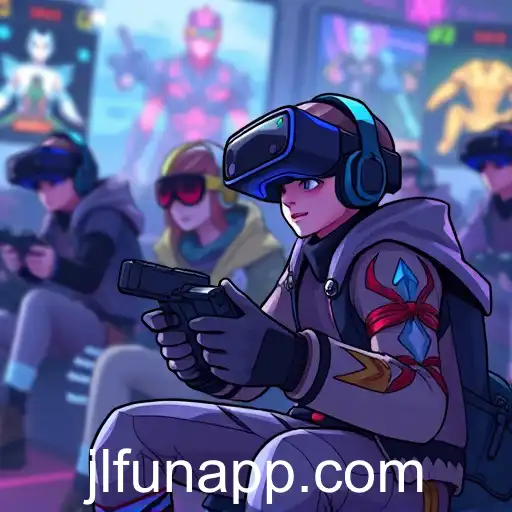Educational Games


Exploring the Role of Educational Games in Modern Learning Environments

In the continually evolving landscape of education, the integration of technology has introduced a myriad of opportunities for enriching the learning experience. Among these technological innovations, educational games have emerged as a significant tool in fostering engagement and enhancing cognitive skills among learners. Identified by the keyword 'jlfun,' these games are becoming increasingly popular on educational websites, captivating students by combining entertainment with learning objectives.
Educational games serve multiple functions in modern education. They not only facilitate the learning process but also provide an interactive platform where students can apply theoretical concepts in practical, real-world scenarios. This experiential learning is instrumental in improving retention rates among students, encouraging them to explore, experiment, and derive solutions independently.
One of the core merits of educational games lies in their ability to personalize learning. Adaptive learning environments, powered by algorithms, tailor the difficulty and content of games to match each learner's proficiency and pace. This customization ensures that students remain engaged and motivated, preventing the common issue of disengagement that occurs when the pace of learning is either too slow or too fast.
Moreover, educational games often incorporate elements of competition and rewards, which can further enhance motivation. Whether it's through leaderboards, badges, or certificates, these incentives encourage learners to push their boundaries and achieve more. They provide instant feedback, enabling learners to recognize their mistakes, adapt strategies, and demonstrate resilience.
Beyond individual learning, educational games are also used to promote collaborative skills. Many games are designed to be played in groups, requiring students to communicate, collaborate, and solve problems collectively. This interaction nurtures essential social skills such as leadership, empathy, and conflict resolution.
Despite their numerous benefits, educational games also pose challenges that educators must navigate. Issues such as screen time management, assessing the educational value of the games, and ensuring equitable access are critical considerations. Educators must carefully select games that align with the curriculum and pedagogical goals, ensuring they contribute positively to learning outcomes.
As technology continues to advance, the potential for educational games to transform traditional learning grows. 'Jlfun' represents more than just a keyword; it signifies a movement towards more dynamic, engaging, and effective educational practices. By bridging the gap between enjoyment and educational content, these games open new possibilities for learners of all ages to embark on fulfilling educational journeys.
Exploring the Rise of Online Gaming in 2025
An in-depth look at the evolving landscape of online gaming, featuring jlfun as a key player in the industry for 2025.
Gaming Trends and Innovations in 2025
Exploring the latest trends and innovations in the gaming industry in 2025 with a focus on how platforms like jlfun are shaping the future.
Gaming Adventures Embracing New Horizons
Exploring the latest trends and community impacts of the gaming world in 2025.
 Skip to content
Skip to content




